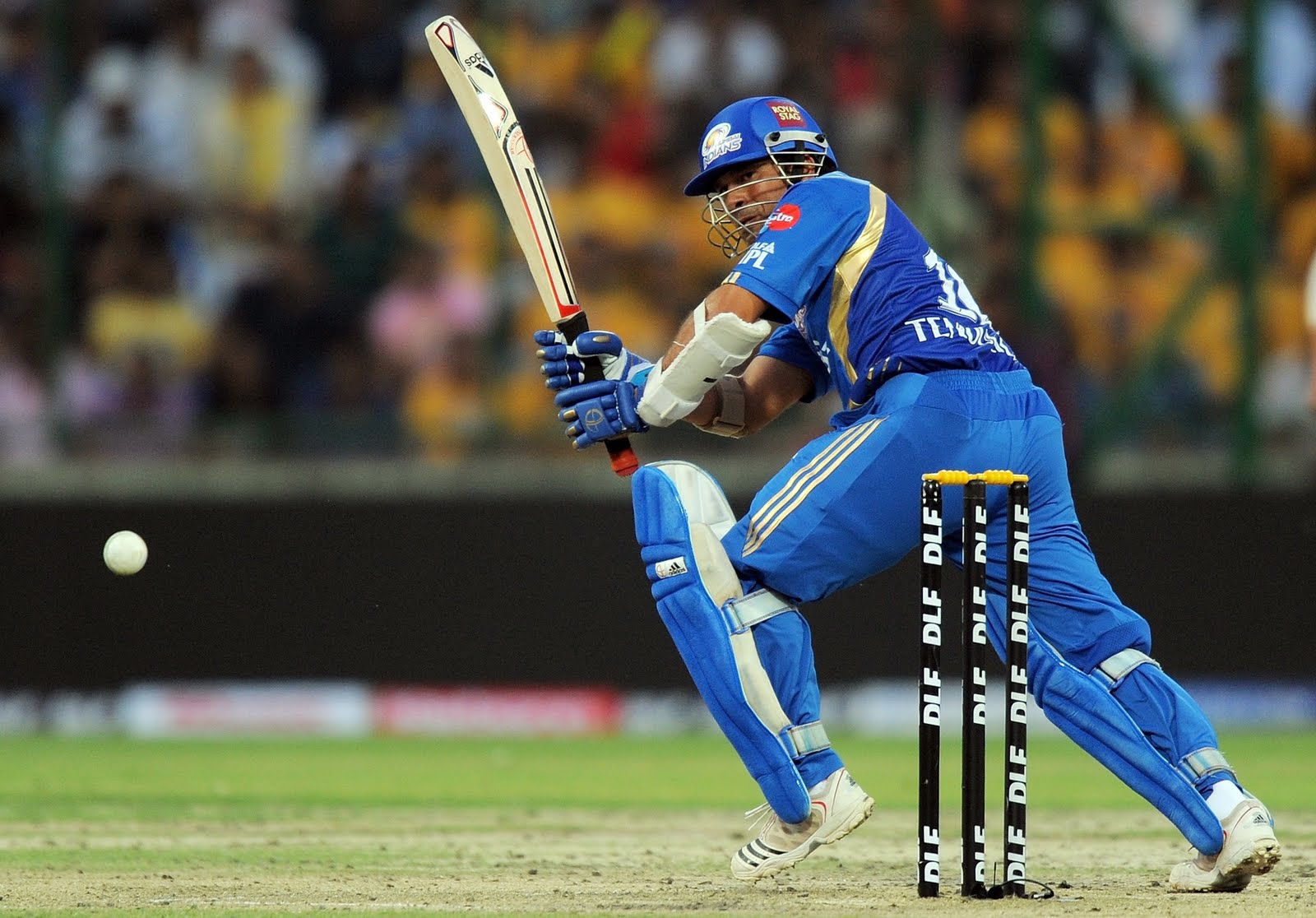Understanding IPL: A Comprehensive Guide To Indian Premier League
The Indian Premier League (IPL) is one of the most celebrated and lucrative cricket leagues in the world. Since its inception in 2008, the IPL has transformed the landscape of cricket, attracting international players, massive viewership, and significant investments. This article aims to explore various aspects of the IPL, covering its history, structure, teams, statistics, and much more, making it a must-read for cricket enthusiasts.
The IPL operates on a franchise model, where teams bid for players during auctions, creating a highly competitive environment. Its unique blend of sports and entertainment, coupled with the involvement of Bollywood celebrities and corporate sponsors, has made it a cultural phenomenon in India and beyond. In this detailed guide, we will delve into the intricacies of the IPL, ensuring that readers gain a comprehensive understanding of what makes this league so special.
As we navigate through the various sections, we will also highlight key statistics, player performances, and historical milestones that have defined the IPL over the years. Whether you are a die-hard cricket fan or a newcomer wanting to learn more about this exciting league, this article will equip you with all the information you need. Let’s get started!
Table of Contents
- 1. History of IPL
- 2. IPL Format and Structure
- 3. Teams in IPL
- 4. Key Statistics and Records
- 5. Iconic Players of IPL
- 6. Impact of IPL on Cricket
- 7. The Future of IPL
- 8. Conclusion
1. History of IPL
The Indian Premier League was launched in 2008 by the Board of Control for Cricket in India (BCCI) as a response to the growing popularity of Twenty20 cricket. The inaugural season saw eight franchises competing for the title, with the Rajasthan Royals emerging as the first champions. Over the years, the IPL has evolved, introducing new teams, innovative formats, and expanding its reach globally.
2. IPL Format and Structure
The IPL follows a round-robin format, where each team plays against every other team in a league stage. The top four teams at the end of the league phase qualify for the playoffs, culminating in the final match to determine the champion. The tournament typically runs for about two months, featuring a total of 60 matches.
2.1 Auction and Player Bidding
The player auction is a significant event that shapes each IPL season. Teams bid for players based on their performance, potential, and marketability. This auction system not only enhances competitiveness but also allows franchises to build balanced teams.
2.2 Points System
- Win: 2 points
- No Result: 1 point
- Loss: 0 points
3. Teams in IPL
As of 2023, the IPL consists of ten teams. Each team represents a city or region, bringing together local and international talent. Here is a table summarizing the current teams:
| Team Name | City | Championships Won |
|---|---|---|
| Mumbai Indians | Mumbai | 5 |
| Chennai Super Kings | Chennai | 4 |
| Kolkata Knight Riders | Kolkata | 2 |
| Royal Challengers Bangalore | Bangalore | 0 |
| Sunrisers Hyderabad | Hyderabad | 1 |
| Rajasthan Royals | Rajasthan | 1 |
| Delhi Capitals | Delhi | 0 |
| Punjab Kings | Punjab | 0 |
| Gujarat Titans | Gujarat | 1 |
| Lucknow Super Giants | Lucknow | 0 |
4. Key Statistics and Records
The IPL has witnessed numerous records and milestones over the years. Here are some notable statistics:
- Most Runs in IPL History: Virat Kohli
- Most Wickets in IPL History: Dwayne Bravo
- Highest Individual Score in a Match: Chris Gayle - 175 runs
- Fastest Century in IPL: Chris Gayle - 100 runs in 47 balls
5. Iconic Players of IPL
The IPL has been home to several cricketing legends and emerging talents. Some of the most iconic players include:
- MS Dhoni
- Sachin Tendulkar
- Rohit Sharma
- AB de Villiers
- Sunil Narine
6. Impact of IPL on Cricket
The IPL has had a profound impact on the game of cricket, both in India and globally. It has popularized the Twenty20 format, leading to the establishment of other leagues worldwide. Additionally, it has provided a platform for young talent to showcase their skills and gain exposure.
7. The Future of IPL
As the IPL continues to grow, its future looks promising. With advancements in technology, fan engagement, and global reach, the league is set to attract even more viewers and sponsors. The introduction of new teams and innovative formats could further enhance its appeal.
8. Conclusion
In conclusion, the Indian Premier League is more than just a cricket tournament; it is a cultural phenomenon that has redefined the way we view sports. With its rich history, competitive structure, and impact on global cricket, the IPL is here to stay. We encourage readers to share their thoughts in the comments below and stay tuned for more articles on cricket and sports.
Thank you for reading! We hope you found this guide informative and engaging. Don’t forget to bookmark our site for more updates and insights into the world of cricket.
Kaitlyn Dever: Rising Star In Hollywood
Exploring Hobby Lobby: Your Ultimate Guide To Crafting Paradise
Great Clips: Your Ultimate Guide To Affordable Haircuts And Exceptional Service


